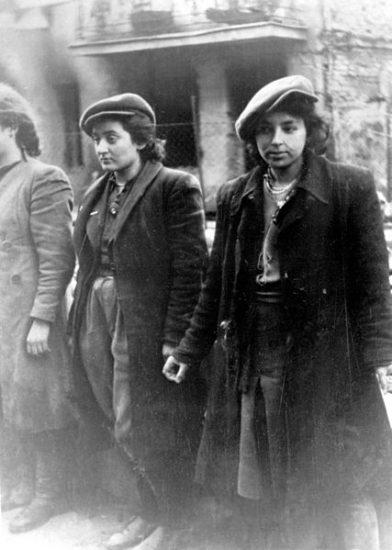
These women were members of the Jewish resistance. On right is Malka Zdrojewicz who survived the Majdanek extermination camp. In center is Bluma Wyszogrodzka who was shot and killed and on left is Rachela Wyszogrodzka (gassed in Auschwitz) or Rukhele Lauschvits. Source: Meczenstwo Walka, National Archives
On April 19, 1943, the Warsaw Ghetto Uprising began when Nazi forces attempted to clear out the Jewish ghetto in Warsaw, Poland, to send them to concentration camps.
The Germans were met by gunfire from Jewish resistance fighters who held off the Nazis for 28 days before Warsaw was demolished and they were sent to concentration camps.
How might history have changed if other countries had come to their aid?
Learn more from the song I Remember Warsaw by David Rovics. It begins:
First they occupied our country
Then they spread their vicious lies
Evil propaganda
Filled our ranks with double-dealing spies
They cordoned off a reservation
Built a wall all around it
Packed us all into this ghetto
And our city’d never be as the Nazis found it. Continue reading and listen.
On this anniversary, we share an excerpt from the suicide note left by Szmul Zygielbojm, a Jewish-Polish socialist leader of the Jewish Labor Movement, the Bund, and a member of the National Council of the Polish government in exile during WWII.
He had alerted the Allies to the Nazi’s crimes against humanity and Jewish resistance in Warsaw, yet there was no action:
The responsibility for the crime of the murder of the whole Jewish nationality in Poland rests first of all on those who are carrying it out, but indirectly it falls also upon the whole of humanity, on the peoples of the Allied nations and on their governments, who up to this day have not taken any real steps to halt this crime.
By looking on passively upon this murder of defenseless millions tortured children, women and men they have become partners to the responsibility. Continue reading.
Learn more about the Warsaw Uprising at the United States Holocaust Memorial Museum. Find teaching resources at Facing History and Ourselves.

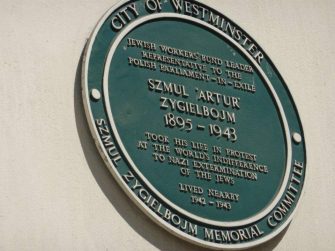
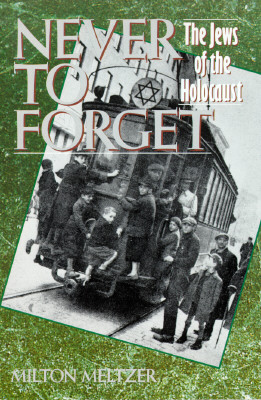

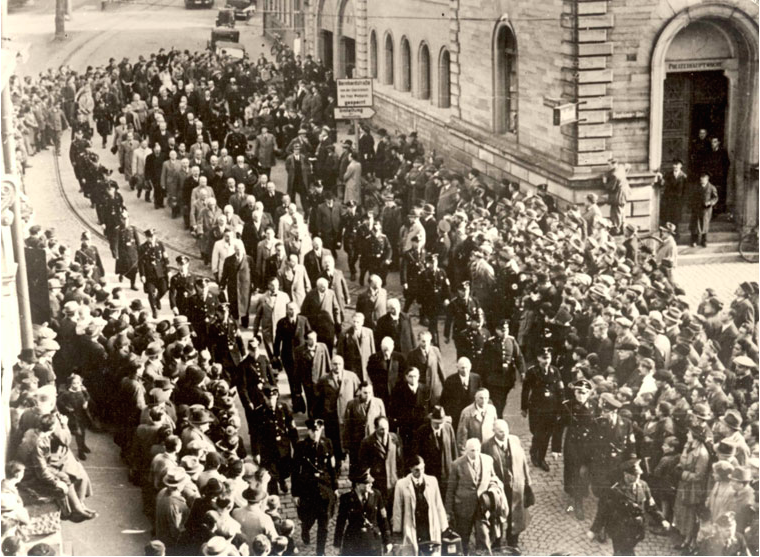
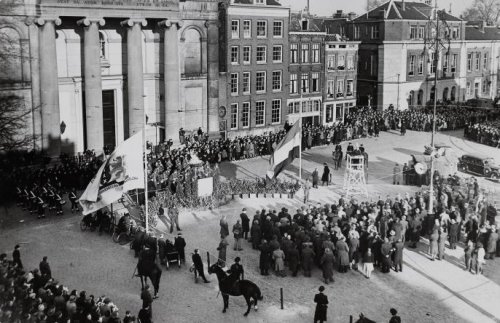
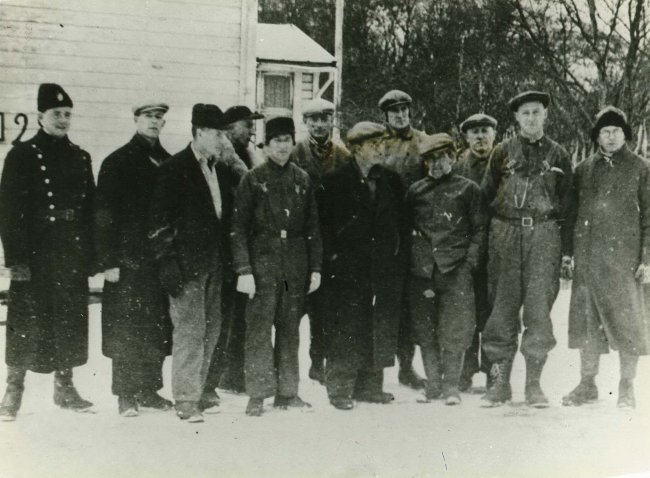
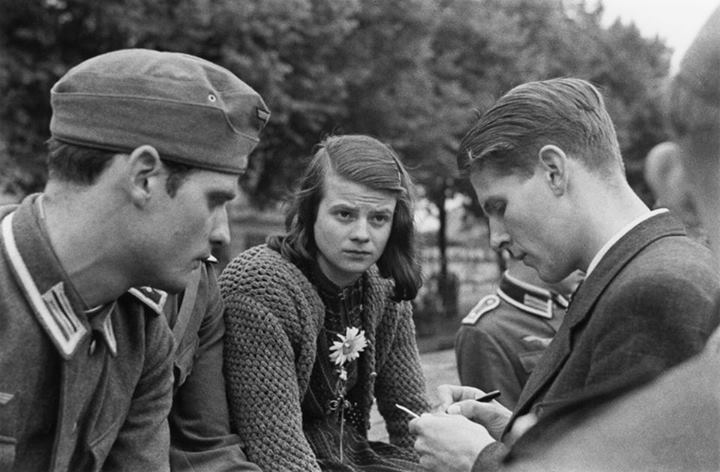





Twitter
Google plus
LinkedIn